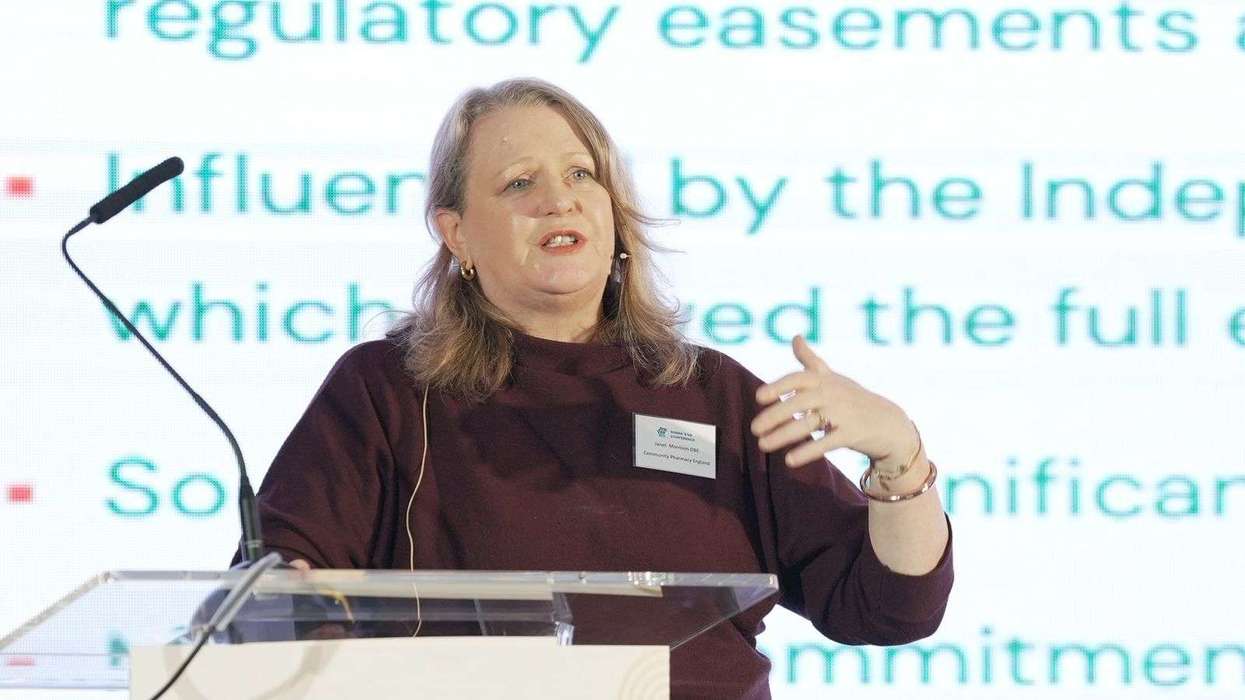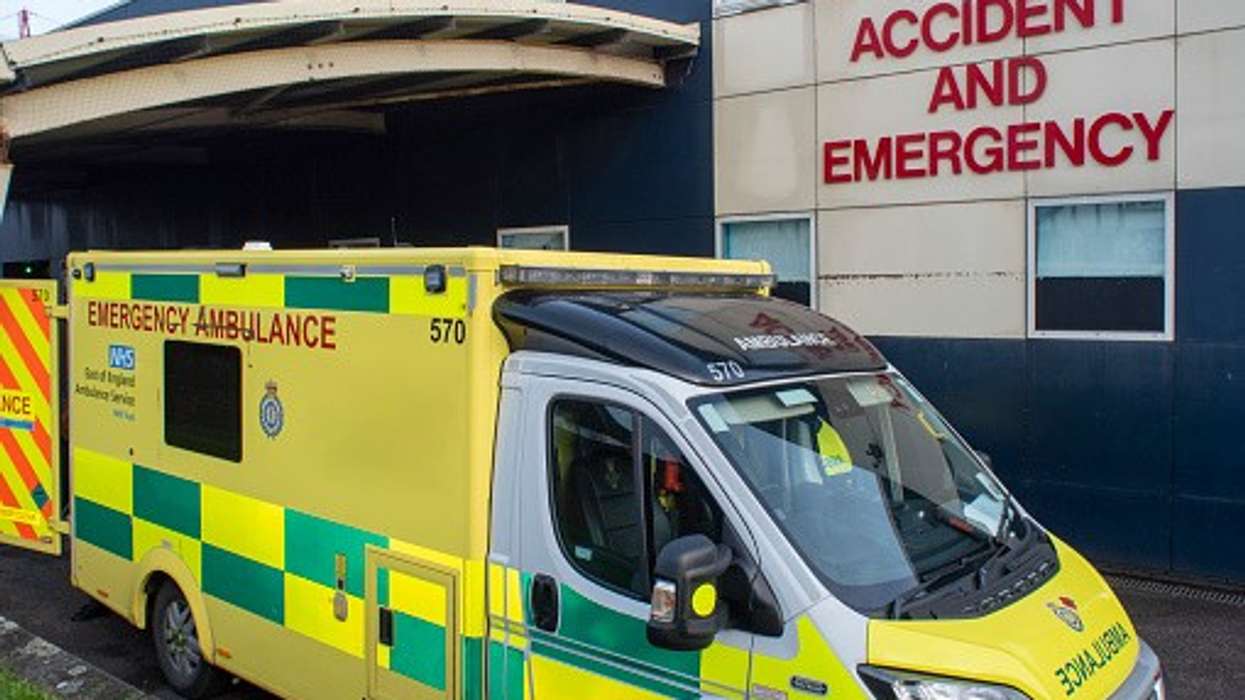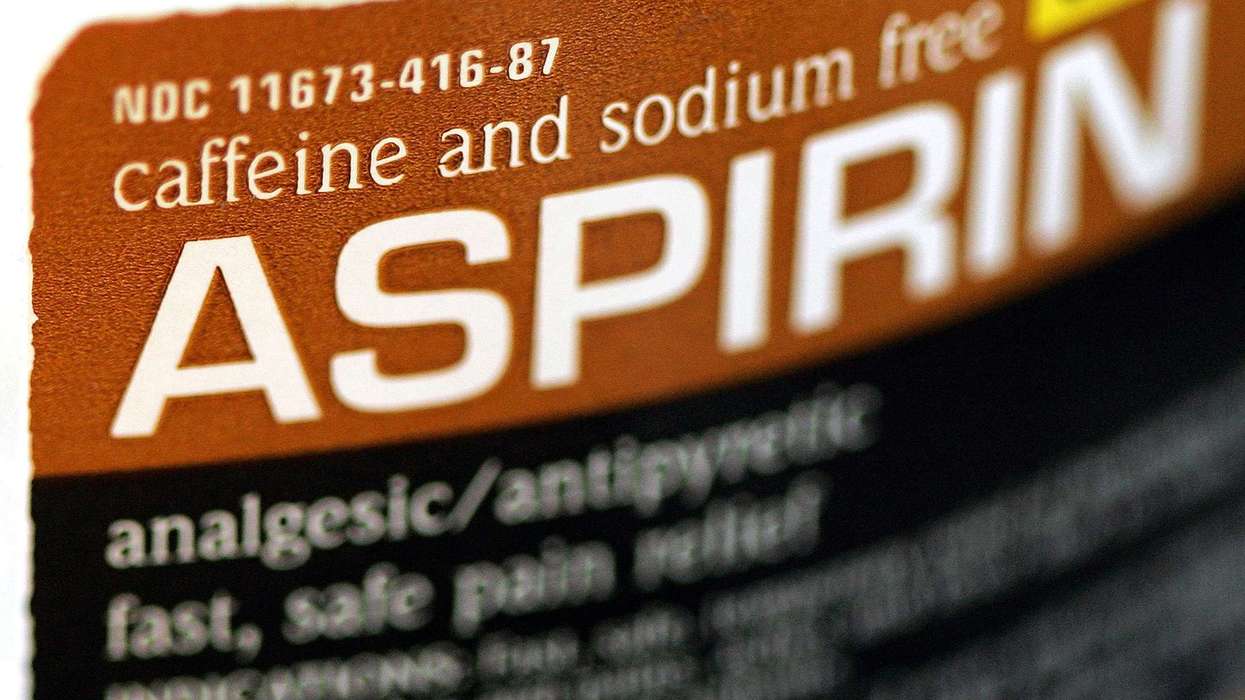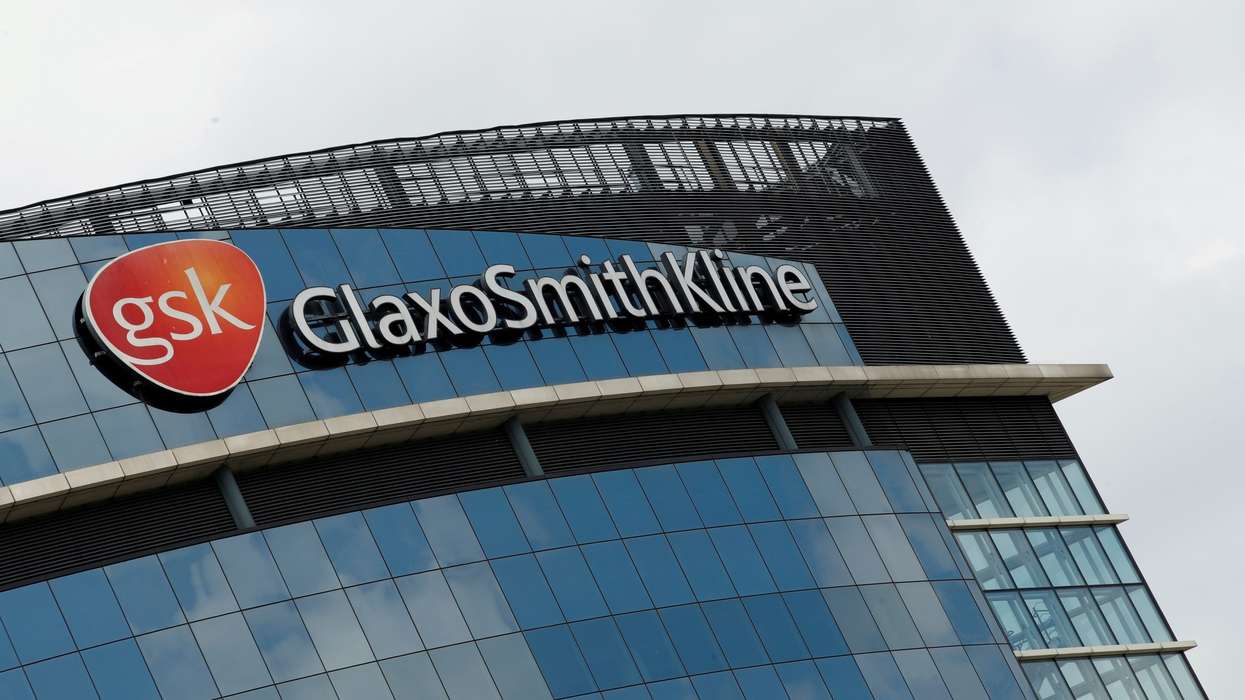The University of Lincoln has clinched the top spot on The Guardian's 2024 list for pharmacy and pharmacology studies. This marks a significant advancement from its second-place position in the 2023 rankings, where Ulster University had secured the leading position. Interestingly, Ulster has moved down to claim the second spot this year.
Forty universities were assessed using eight criteria, which encompass student satisfaction with teaching, the effectiveness of feedback from instructors, student-to-staff ratio, expenditure per student (excluding academic staff costs), and the average UCAS scores of entrants under 21.
Also included were the effectiveness of teaching methods, the proportion of students securing graduate-level employment or pursuing further studies within 15 months of graduation, and the percentage of first-year students progressing into their second year.
Among the 40 universities in the ranking list, the University of Lincoln achieved a perfect score of 100 out of 100, followed by Ulster (96.2), Portsmouth (87.9), Leeds (86.3), Glasgow (85.7), Sunderland (84.3), St George’s (84.3), Aberdeen (81.3), UCL (81), and Queen’s, Belfast (80.1).
Westminster secured the 40th position with 33.9 points, while Wolverhampton (35.4), Newcastle (46.6), King’s College London (46.8), Keele (48.2), Manchester (48.8), Kingston (49.9), Birmingham (52.1), Medway School of Pharmacy (52.2), and Hertfordshire (52.9) constituted the group of ten universities with the lowest overall scores.
Ulster performed better than Lincoln in terms of students' satisfaction with teaching and quality of feedback from teachers. However, Lincoln demonstrated strength in the effectiveness of teaching methods, with 98 percent of its graduates entering graduate-level jobs or further study within 15 months of graduation. Ulster's corresponding figure was not provided.
The University of Lincoln provides six courses: MSci Pharmaceutical Science with Business, BSc (Hons) Pharmaceutical Science (with an optional year abroad), MSci Applied Pharmaceutical Science, BSc (Hons) Pharmaceutical Science with Science Foundation Year (including a foundation year and optional year abroad), MPharm Pharmacy, and MPharm Pharmacy with Science Foundation Year. In contrast, Ulster offers one course: MPharm (Hons) Pharmacy.
The 2024 list mentioned universities that provide instruction in pharmacy and pharmacology, including Anglia Ruskin, Bedfordshire, Chester, East London, Edinburgh, Glasgow Caledonian, London Met, Northampton, Southampton, and Suffolk. However, these universities were not assigned a specific ranking.
In August, the Community Pharmacy Workforce Development Group (CPWDG) called on policymakers to address the findings of the 2022 Community Pharmacy Workforce survey for England. The survey unveiled a significant reduction in the workforce, showing a continuous decrease in the number of full-time equivalent pharmacists, pharmacy technicians, and support staff from 2017 to 2022, with no signs of improvement.











